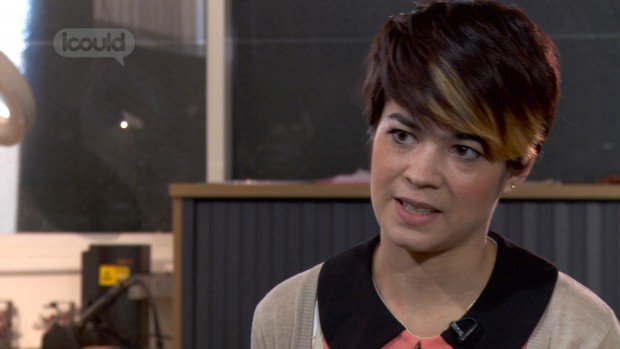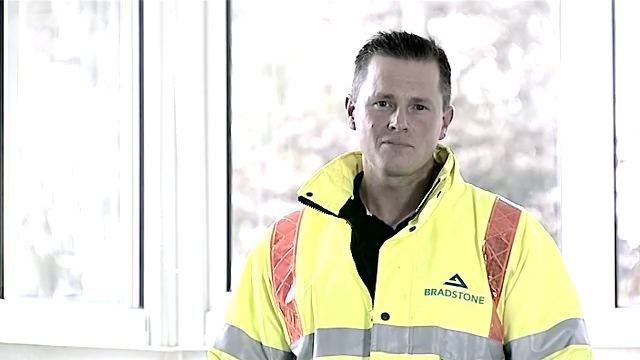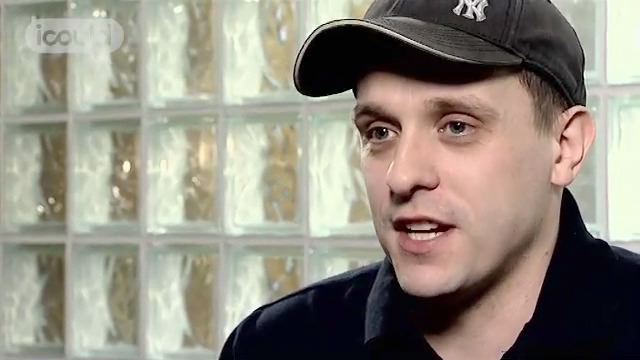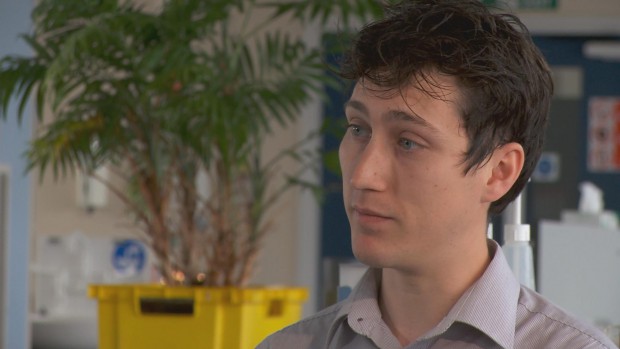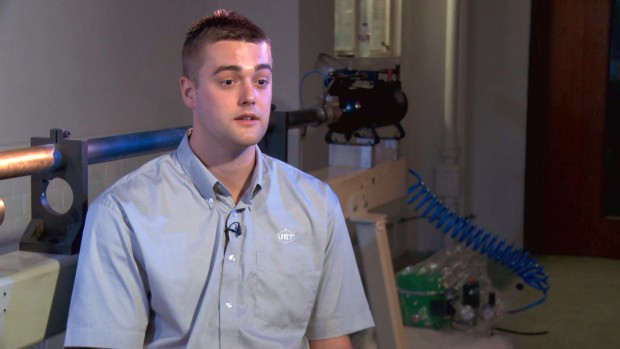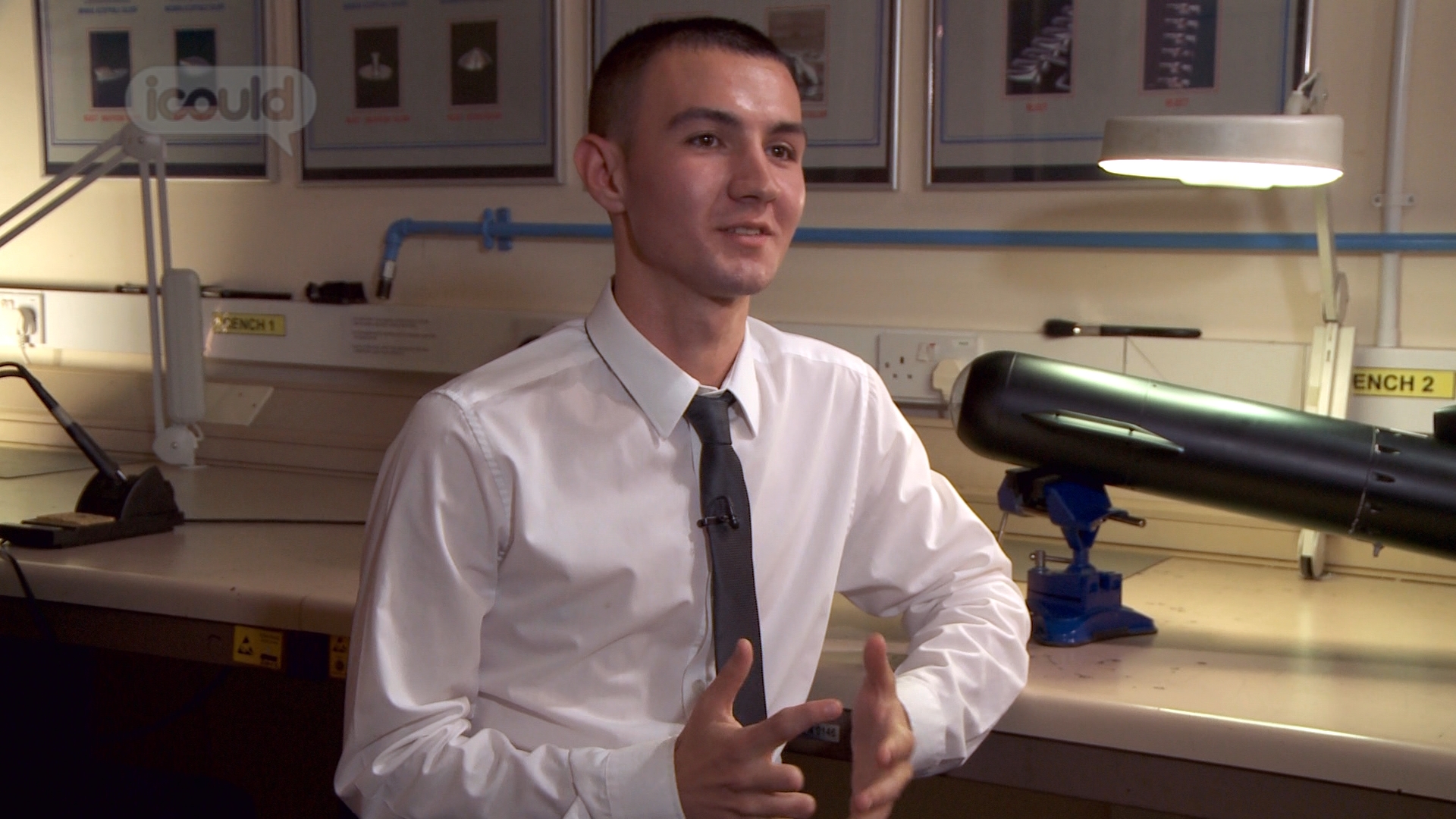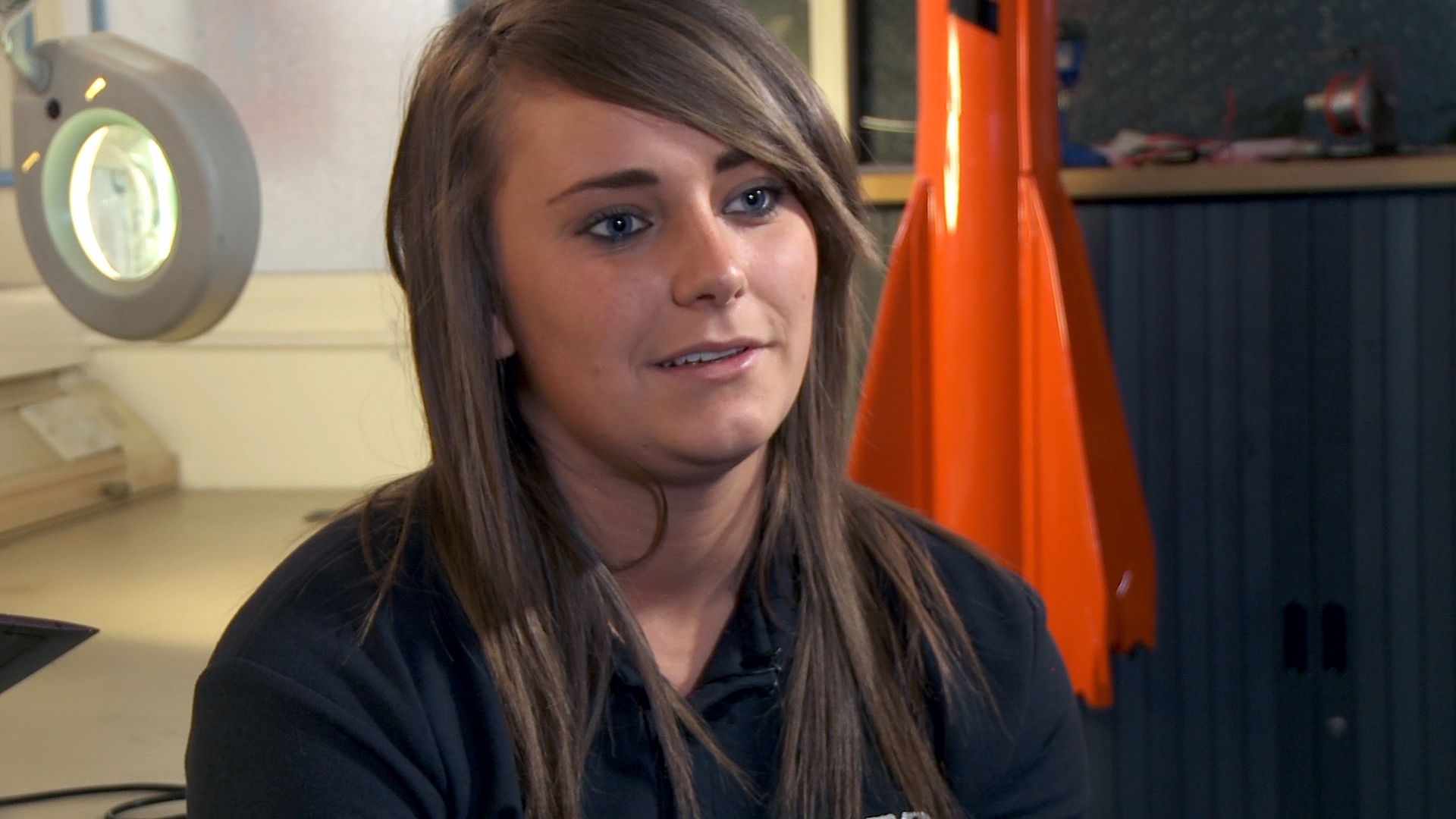Material and Process Engineer
MBDA Missile Defence Systems
Tammy I
My name is Tanny Imber I’m a final year apprentice and I’m a Material and Process Engineer at MBDA. When I first applied for the company I was taken aback by how it says MBDA and then missile systems. I didn’t think we even built missile systems in this country never mind in the town that I lived in.
You start your placements on the shop floor and you go to various placements. You do 3 months of your time in each section and then in your second year you go up to the engineering offices. In your third and fourth year you go in to where you’re going to come out of your time on.
Straight from school I went straight to sixth form which was attached to my high school. I did AS levels but found out that wasn’t for me and started searching for other routes and I got into a college in Bolton, Bolton community college doing motor vehicle for a year, and after that I wanted to get an apprenticeship because I wanted to work. I always thought I would end up going to University because that’s where school was pushing me, and my mum was pushing me.
My mum’s a school teacher, teaching ICT in High School. When I decided to leave college after one year again to do an apprenticeship she wasn’t happy about it. My mum threatened me with all sorts, such as throwing me out the house and things like that but my sister talked her round to it, but because she was a school teacher and what the perception of most school teachers are is that all you do is make cups of teas if you’re an apprentice. So my mum did have the chance to come into work to see what sort of work I undertake, however she didn’t, and she didn’t take me up on that offer. But she has seen how I’ve grown in confidence and how I’ve been able to afford a car and holidays by myself and I’m not relying on her anymore so she’s realising now how much of a good job I’ve got.
You do your two years ONC and your two years HNC in electronic engineering. So when I come out of my time I’ll have an ONC and a HNC and then you do one year HND after you’ve come out of your time.
I grew up being a tom boy, always wanted to play football or rugby and stuff like that so I don’t really have a clue where it came from its just something that I’ve always wanted to do. I wanted to get my hands dirty really, find out how things work and design stuff.
My older sister who’s a couple of years older than me, went to York university doing a biology degree and then once she left she was unemployed for a year to a year and a half, living at home, which my mum didn’t quite like at all. I was more ready when I was 18 because I knew what I wanted to do then than when I was 16. You’re not just expected to know how to build a missile as soon you start here at all, I still don’t know how to build a full missile but you sort of learn your job role. So you could be a designer and you design only a certain bit, you wouldn’t design the whole missile.
We go to college and it’s on day release so I currently go every Tuesday. So it’s only 9-4, 9-5 that we do there. I just applied for it, but when I came in for my interview I came fully prepared. I came in with my portfolio from a college project. I didn’t know what to expect but I thought if I couldn’t get across what I wanted to get across personally then I’d have this work to back it up, to say that I’m not as rubbish as I might come across.
Yeah I really enjoy what I do, it’s completely different and I never thought I would ever have a job like this, I didn’t think that jobs like this existed.
A self-confessed tomboy, Tammy always loved science and from an early age she wanted to be an engineer. She began a college course after school but decided that it wasn’t for her, preferring to look for a form of training that was more hands on. She went against her mother’s judgement and left college to start an engineering apprenticeship. She feels that she definitely made the right decision and has loved her apprenticeship and has had the chance to gain qualifications whilst she has been training.
More information about Planning, process and production technicians
The UK average salary is £29,813
There are 37.5 hours in the average working week
The UK workforce is 47% female and 53% male
Future employment
- Supports planning and production engineers in assessing existing and alternative production methods;
- Works from, and helps implement, professional engineers’ drawings and specifications for equipment and layout, and helps implement modifications required for existing plant machinery/layout;
- Works with engineers on production control methods to monitor operational efficiency and helps to eliminate potential hazards and bottlenecks in production;
- Liaises with materials buying, storing and controlling departments to ensure a steady flow of supplies;
- Supports professional engineers in reviewing safety, quality, accuracy, reliability and contractual requirements;
- Supports implementation of plans of sequence of operations and completion dates for each phase of production or processing;
- Ensures implementation of inspection, testing and evaluation methods for bought-in materials, components, semi-finished and finished products;
- Ensures accuracy of manufacturing and testing equipment;
- Ensures effective completion and implementation of detailed instructions on processes, work methods and quality and safety standards for workers.
